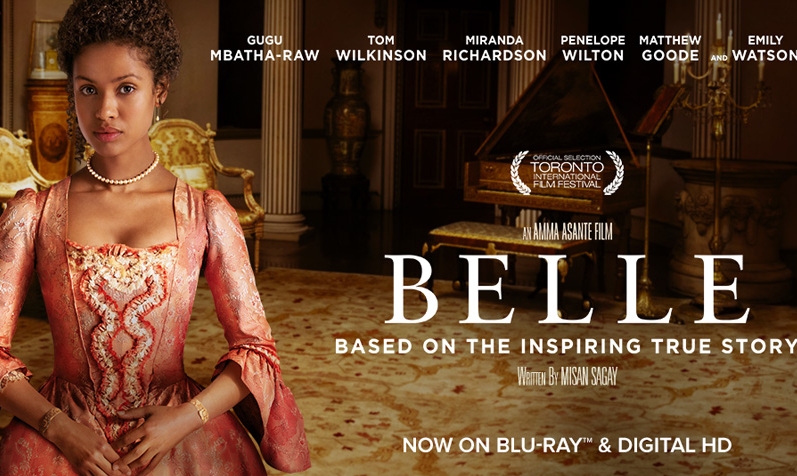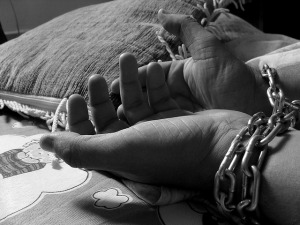Translating deep thinking into common sense
Can “Belle” take the Oscar for Best Film?

By Vinay Kolhatkar
August 5, 2014
SUBSCRIBE TO SAVVY STREET (It's Free)
Taking liberties with true stories is precisely what one must do when telling a fictional story. That is art.
Belle (the 2013 Toronto festival movie, which played in select theatres in the U.S. in May 2014), had a DVD release on August 26, 2014 in the U.S.. Belle is based on a true story, with which liberties may have been taken. The story, set in the late 18th century, focusses on a mixed-race daughter of a Lord’s nephew. The father finds her living in poverty and entrusts her to Lord Mansfield’s care. The Zong massacre, that arguably set the anti-slavery laws in motion in England, is the case that brings Belle to her soul mate. We focus entirely on Belle, her identity struggles, and her relationship with an idealistic young lawyer. That may not be historically accurate.
Taking liberties with true stories is precisely what one must do when telling a fictional story, i.e. make it as inspiring as possible and shape it to suit a classic storytelling structure. That is art. Gugu Mbatha-Raw effortlessly slots in as Dido Belle, the illegitimate daughter born to a ‘negro’ slave and a white aristocrat who adopts her. This is not a tale of slavery though, or even of an identity crisis. It is the telling of a strong individualism that refuses to be pigeon-holed by the collectivist culture of its time; spreading the contagion of courage to lift the lesser ones out of their fear.
Misan Sagay’s screenplay sparkles; line after line of splendid dialogue is outdone only by the repartees that follow it. Here is a sample:
Belle: But that would require a change in law.
John Davinier: How can we expect to be civilized when we live in such a barbaric world? It is the utter injustice.
Belle: It is more than that. It is the shame of a law that would uphold a financial transaction upon that atrocity.
My wife saw it twice in one week, the second time because she wanted me to see it. Emotions flowed freely in a crowded theatre from the halfway mark for me. Gugu doesn’t just beckon us into the world of Belle; she grabs us by the ears, never letting go, transporting us to 1789, where we suffer Belle’s every setback and rejoice her every triumph. In the end, the tears of relief were juxtaposed with tears of joy; it was art that triumphed in a catharsis that would have made Aristotle proud. “Forget the ten scholars who interpreted me, this is what I mean,” are words I hear from the great man smiling in his grave. Director Amma Assante never lets us astray—no moment is wasted in a hundred and four minutes of gripping drama; the subplots integrate perfectly into the main theme, the obligatory symbolism links back to an original painting of Belle and her light-skinned step-cousin, sister-like in friendship but poles apart in motivation. No Hollywood A-listers grace the screen, nor do any car chases, shootouts, or special effects—one never misses them.
How can I be too high of rank to dine with the servants, but too low of rank to dine with my own family?
About my only small regret is that what could have been the most cinematic scene of all—the drowning death of men at sea, is only talked about, but not shown. But then, it could only have occurred on screen as a visceral nightmare of Belle’s once she learns of it, for we just about never leave Belle’s point of view. Which sets us up for the Aristotelian catharsis rather well. It made me wonder—Will Belle turn out to be the finest movie of this decade? It certainly has been for me so far. Will it sweep the 2014 Oscars? Perhaps not, for objective evaluation of art escapes the industry’s practitioners who vote on these matters.
Why then did the critics not rave about it? Film critics, unfortunately, do not understand film as a storytelling medium. They are without a framework for what a story ought to be.
Lord Mansfield: I beg your pardon?
Belle: Is… Mable… a slave?
Lord Mansfield: She is free, and under our protection.
Belle: Oh, like me.








